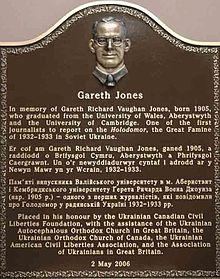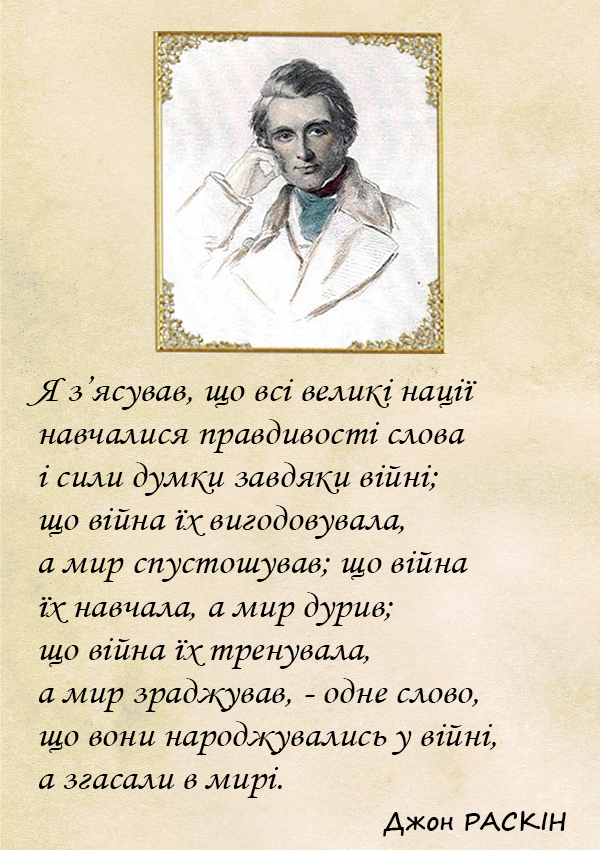
“There was a deathly silence…They thought today that person died, and tomorrow it will be me. Everyone just thought of death.”
– Nina Karpenko, an eyewitness who survived Holodomor.
Gareth Richard Von Jones is a Welsh journalist who, for the first time in the Western press, stated under his own name that the Holodomor took place in Ukraine in 1932-1933. His report was also published in The Guardian and the New York Post.
After his article, many European politicians and journalists drew attention to this, but, alas, they accused him of lying.
“I passed through many villages and twelve collective farms. Everywhere I heard crying: “We have no bread. We are dying! ” This cry is heard all over Russia; on the Volga; in Siberia; in Belarus; in Central Asia and Ukraine – ‘Tell England that we are swollen with famine.’”
American journalist Eugene Lyons, who has known Umansky since he was a TARS correspondent in the United States and then his foreign minister, said that the system of foreign journalists’ access to coverage of events in the Soviet Union was based on the principle of “log-rolling.”
Lyons also mentioned that at a meeting with foreign journalists in the issue of one of the correspondents, the Uman Order called Gareth Jones a liar in his reports. Those who refused to do it would be barred from covering the Moscow demonstrations against six British engineers in April 1933, the so-called Metro-Vick case.
“We called this damn Jones a liar, albeit in streamlined phrases, to calm his conscience. Then, when the dirty work was over, someone sent for vodka and a snack, Umansky joined the celebration, and the party lasted until morning.”
Walter Duranty, who had won the Pulitzer Prize only a year earlier, took the lead in the campaign against Jones. On March 31, 1933, the New York Times published a 13-page article entitled “Russians Are Hungry But Don’t Die of Hunger.”
The article seemed to put everything in place. The British were angry and therefore even superficial observations of this clever but defiant naive young man fell on fertile ground. Such “horrors” appeared regularly, but the truth was that the situation was really difficult, the management of agriculture was really skewed, and the officials of the Commissariat of Agriculture, who was most at fault, received appropriate punishment. Duranti then explained:
“In fact, there is no famine or starvation, but deaths from malnutrition are very common…”
On August 17, 1935, the Times reported that Chinese authorities had found Jones’ body the day before with three bullet wounds. Authorities believed he was killed on August 12, the day before his 30th birthday. It was suspected that his assassination was carried out by the Soviet NKVD in retaliation for the trouble he had caused for the Soviet government.


























































Залишити відповідь